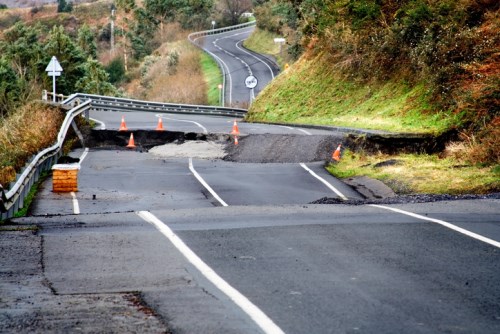

Despite earthquakes being among the most talked about natural disasters in New Zealand, another peril outranks it in terms of danger to human life – landslides.
There were around 1,800 fatalities caused by landslides or slips over the past 160 years, according to a report by Stuff, citing research from GNS Science. This was much more than those caused by earthquakes over the same period, according to Jo Horrocks, chief resilience and research officer of EQC.
The Christchurch and Napier quakes, the two deadliest tremors since 1860, have a combined death toll of around 440 people.
Landslides inflict a total of $250 million to $300 million in damage each year, Horrocks added.
However, the costs brought about by landslides are often combined with other perils, most often storms or floods. The report citied one example, where several homes were damage by landslides in Napier on November 09 to 10, 2020, but these were listed as part of a flood event by the Insurance Council of New Zealand.
Not all landslides are linked to flooding or earthquake. On Janaury 23, 2019, two tourists were injured in a “debris avalanche” at Cape Kidnappers in Hawke’s Bay. According to GNS, there was “no discernible trigger” for the event, with no quakes recorded in the immediate vicinity and limited rainfall in the preceding week. The landslide was attributed to “cliff material weakening over time”.
Due to the event, the Department of Conservation has issued warnings, discouraging people from walking near sea cliffs.
Unlike earthquakes, no single entity is responsible for gathering and managing data about landslides in New Zealand. The data is fragmented and held by different organisations, such as GNS, EQC, NZTA, and local councils.
To address this, the government is seeking to create a National Landslide Database to gather and consolidate the information from the various agencies and organisations.
